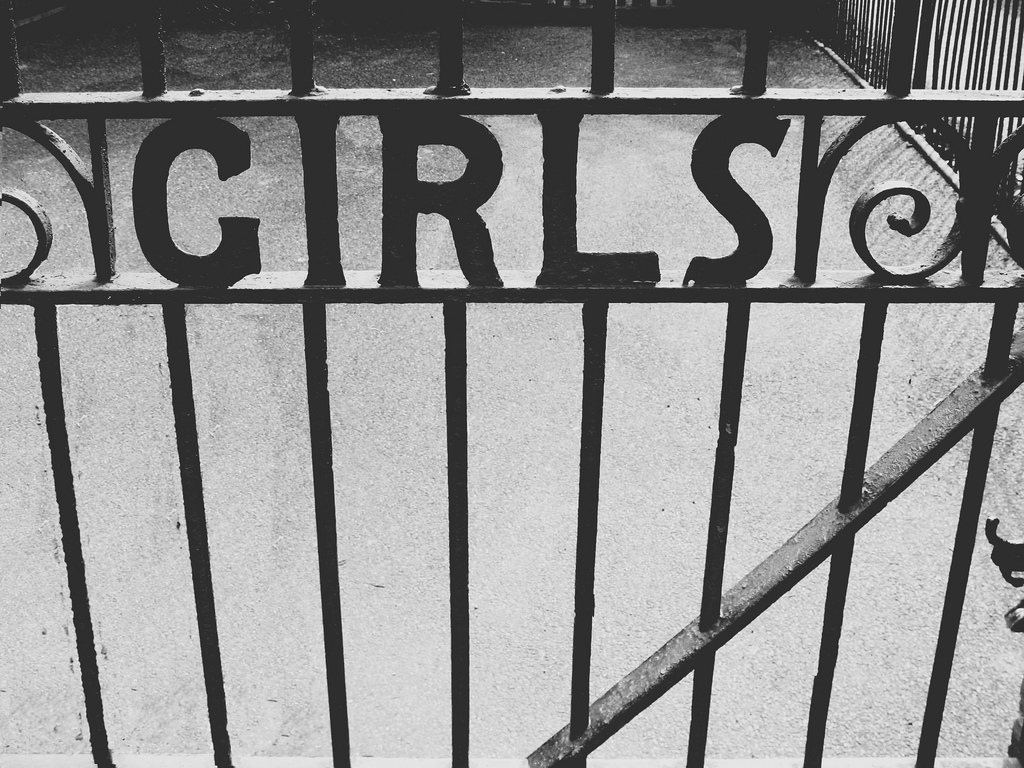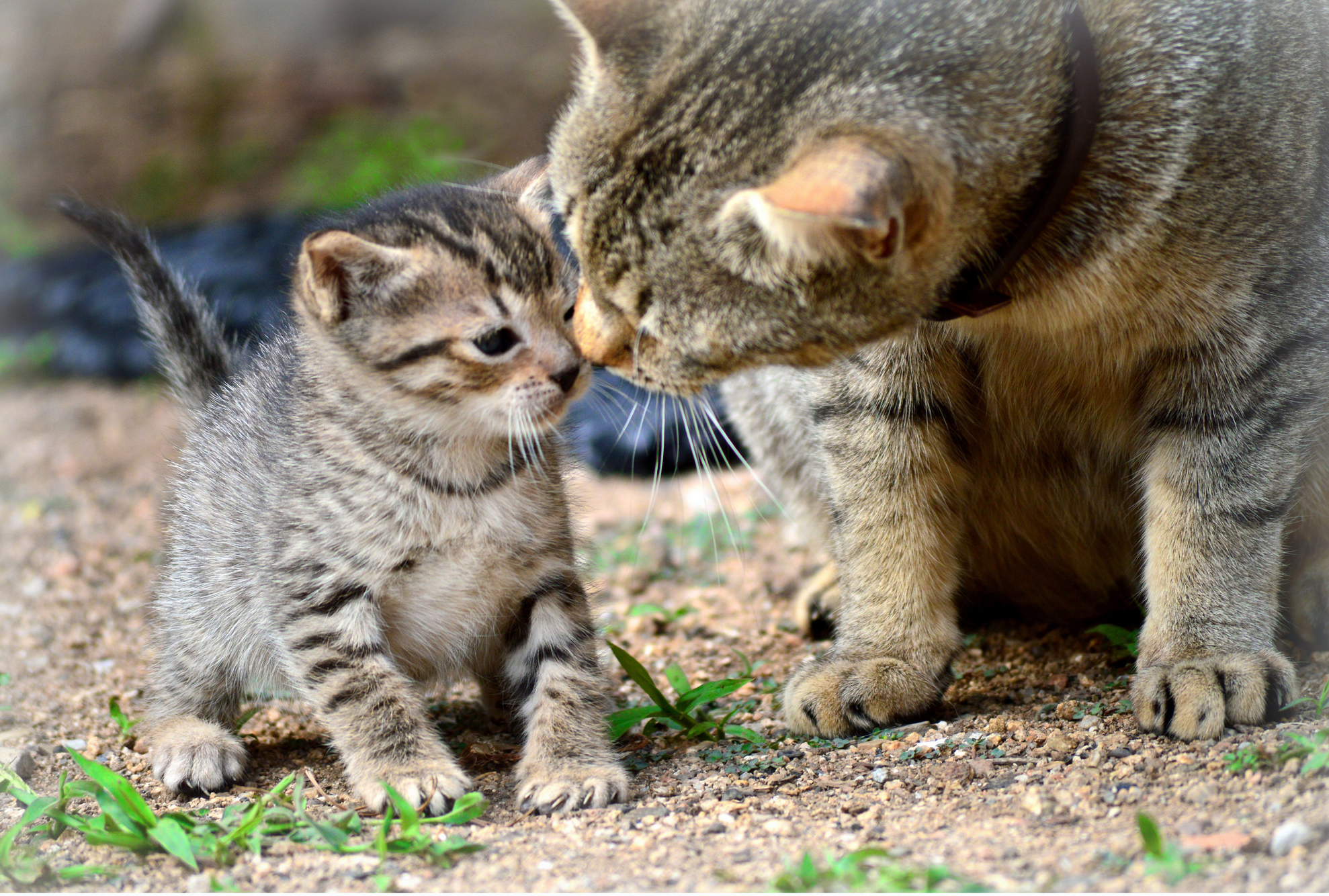Aniela Bylinski discusses her experience of sending her daughter to a ‘faith’ school

Children aren’t just educated at schools, but socialised there. Isn’t it a parent’s right to know just how that is being done?
After a lot of anxiety and against my wishes, my daughter was assigned a religious school by the county. It was the best school academically, receiving ‘Outstanding’ from Ofsted, but it was not the education that I was concerned about. I had heard differing accounts concerning the religious education from parents whose children already attended the school, other parents were mostly indifferent, but I was becoming more and more uncomfortable with the idea. My daughter was born in a very high birth year and although I appealed to send her to a county primary school, my efforts were disregarded by the authority.
Before my daughter started the school, I met with the headteacher on more than one occasion to express my concerns about what my daughter may be taught. The head assured me that my daughter would be instilled with Christian values such as tolerance, forgiveness, and love for one another. To me, these were simply human values. I was not satisfied with her explanations and was left wondering if she thought only Christians held these values, and if so, where she thought I got my values from?
We disagreed on the definition of indoctrination. For me, it meant to instil a set of values, one’s own set of values, usually a set based in scripture. So by definition, this is what was going to happen to my daughter, as they were teaching only Christian values. I asked the headteacher, ‘If my daughter was to ask you whether god was a male or female what would you say?’ She said she would say that she doesn’t know. I asked her then ‘Why do you have signs around the school referring to god as a he?’ and mentioned that the signs should probably alternate between him and her, otherwise the message would be patriarchal. As half of the school is made up of girls, I was concerned by how girls and women would be represented (or not) in Bible stories and how this would affect my daughter, as well as about the impact of these sort of lessons on wider society.
The teachers assured me that they would always talk to the children by confirming that ‘this is what I believe’. I still had my reservations, but in the end it was out of my control. There was nothing I could do. My daughter started school in September 2013 into what was a moderately religious school, funded by the taxpayer with no financial contribution made by the Church since it was first established in the 1960s. However, the school was still governed by the Church.
Within the first few weeks my daughter came home to tell me that ‘our god is the Christian god’, ‘god lives in the sky’ and that ‘my soul is in my stomach’. She sang songs like ‘Our god is a great big god’ and ‘Love the lord your god’ all with hand actions and great enthusiasm. I realised that she probably didn’t understand half of it, even asking me what a soul was, but my fears had been realised. She was too young to think critically, to ask the Reverend ‘How do you know my soul is in my stomach?’ and ‘How do you know god lives in the sky?’ I was starting to wonder why they would tell children this. How would this information benefit my child? Despite their best intentions there was no evidence for these teachings. I knew I was unlikely to receive a satisfactory answer. However, I felt a duty to at least raise these concerns with the school, though I did not want my daughter to become singled out. Just because I had a lack of religious belief, did that mean they could impress their beliefs on my vulnerable daughter (anyone under the age of 18 in law)?
I wrote to the school stating that the values which they teach could be taught in an inclusive setting, outside of Christianity, so that the Muslims, Jews and non-believers alike could all reflect together. There was no need to separate children based on their parent’s beliefs and surely this is what is creating division in the world. I informed them that I was bringing my daughter up to take responsibility for her own life, that her failures, successes and achievements were her own and that she is good because it makes her andpeople around her feel good. In 2014, schools should be teaching children how to think, not what to think, surely. For me, taking Humanism to school literally means applying logic and reason to school, something which I found very difficult to reconcile here.
